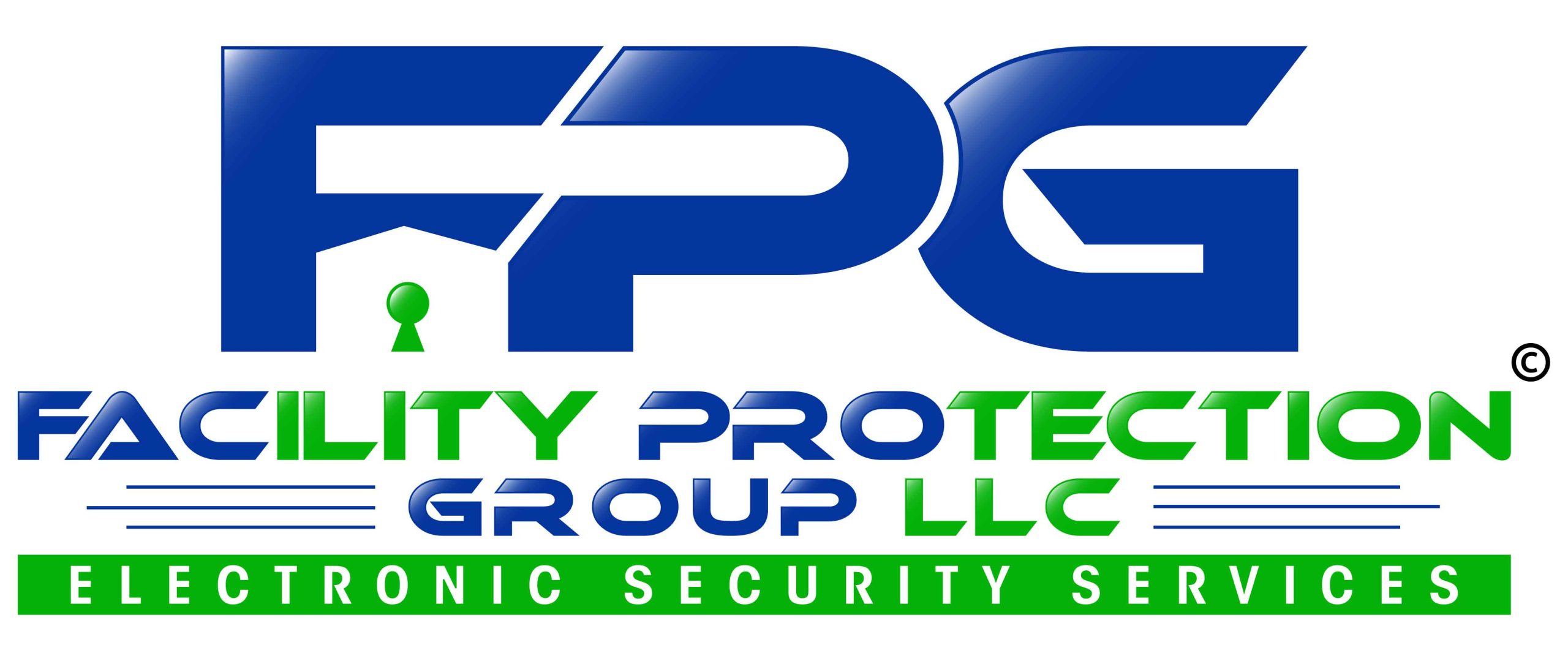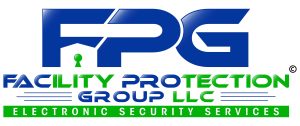
Understanding Access Control Systems
Access control systems are designed to regulate and manage the entry and exit of individuals within a facility or a specific area, ensuring that only authorized personnel have access to designated spaces. These systems can vary in complexity, from simple keypads and card readers to advanced biometric devices and cloud-based mobile applications.
Types of Access Control Systems
There are four major types of access control systems used in businesses today:
- Key fobs or access cards: Wallet-sized devices with built-in authentication data that can be read by door readers, granting access to authorized personnel.
- Pin code or password with keypad: A keyless approach in which employees are assigned a pin number or password to access designated areas.
- Mobile apps with barcode or Bluetooth: Smartphone-based access control systems that use apps or Bluetooth technology for authentication and granting access.
- Biometric devices: Advanced access control systems that utilize fingerprint or facial recognition technology to verify an individual’s identity.
Levels of Access Control
Business access control systems can generally be divided into three levels:
- Mandatory Access Control (MAC): The most restrictive type of access control used in high-security organizations, where a single administrator has control over access permissions.
- Discretionary Access Control (DAC): A less restrictive model that allows multiple administrators to establish access permissions.
- Role-based Access Control (RBAC): An access control model where administrators can assign roles to individuals, limiting or expanding access based on their specific role within the organization.
Benefits of Access Control Systems for Businesses
Implementing an access control system in your business offers numerous benefits, including:
- Improved Security: Access control systems enhance security by ensuring that only authorized individuals can access specific areas, reducing the risk of theft, vandalism, and unauthorized access.
- Easier Management: Administrators can easily add, modify or revoke access privileges for employees through a centralized system, simplifying the management process.
- Increased Accountability: Access control systems create a record of activity, allowing administrators to monitor who enters and exits each secured area and track employee attendance.
- Reduced Costs: By eliminating the need for physical keys and streamlining access management, access control systems can significantly reduce operational costs.
- Compliance with Regulations: Implementing an access control system can help businesses comply with industry-specific regulations and data privacy laws, avoiding potential fines and legal issues.
Implementing Access Control Systems in Different Industries
Access control systems can be tailored to suit the unique needs of various industries, including:
- Healthcare – In healthcare facilities, access control systems are crucial in protecting sensitive patient information, controlling access to restricted areas such as laboratories, and ensuring medical staff can access necessary resources quickly and securely.
- Education – Schools and universities can benefit from access control systems by restricting access to specific areas, such as classrooms, laboratories, and administrative offices, ensuring the safety of students and staff.
- Retail – Retail businesses can use access control systems to protect inventory, manage employee access to storage and restricted areas, and monitor activity in high-security zones.
- Manufacturing – In manufacturing facilities, access control systems can help control entry to production areas, protect valuable equipment and inventory, and ensure the safety of workers by limiting access to hazardous environments.
- Financial Institutions -Access control systems are crucial in financial institutions for securing sensitive financial data, protecting customer information, and ensuring that only authorized personnel can access specific areas such as vaults and data centers.
Selecting the Right Access Control System for Your Business
Choosing the appropriate access control system for your business depends on factors such as the size and complexity of your organization, the level of security required, and the specific needs of your industry. Here are some essential considerations when selecting an access control system:
- Evaluate Your Needs: Determine the level of security required for your business, the number of access points to be secured, and the specific areas that need access control.
- Consider the System’s Compatibility: Ensure that the chosen access control system can integrate with your existing security systems, such as surveillance cameras and alarm systems, for seamless operation.
- Assess System Features: Look for access control systems that offer advanced features, such as remote management, mobile access, and integration with other security solutions.
- Evaluate Vendor Support: Choose a vendor that offers comprehensive support, including installation, maintenance, and ongoing technical assistance.
Access Control System Costs
The cost of implementing an access control system varies depending on factors such as the type of system, the number of access points, and the complexity of the installation. In general, access control systems can range from a few thousand to several thousand dollars, with additional costs for installation and ongoing maintenance. It is essential to obtain quotes from multiple vendors and assess the overall value of the system based on its features, reliability, and support.
Installation and Maintenance of Access Control Systems
Proper installation and maintenance of access control systems are crucial for ensuring their effectiveness and longevity. Some essential tips for installation and maintenance include:
- Hire a Professional Installer: Choose a certified and experienced installer to ensure that your access control system is installed correctly and securely.
- Regular Maintenance: Schedule regular maintenance checks to identify and address any issues with the system, ensuring its optimal performance.
- Update Software: Keep the system’s software up-to-date to benefit from the latest security features and enhancements.
- Employee Training: Train your employees on the proper use of the access control system to ensure its effectiveness and prevent unauthorized access.
Enhancing Access Control Systems with Additional Security Measures
To further improve the security of your business, consider integrating your access control system with other security solutions, such as:
- Surveillance Cameras: Installing surveillance cameras in conjunction with access control systems can provide additional security and monitoring capabilities.
- Intrusion Detection Systems: Integrating access control systems with intrusion detection solutions can help identify and respond to potential security threats more effectively.
- Visitor Management Systems: Implementing a visitor management system can help track and manage visitor access, ensuring that only authorized individuals enter your facility.
In conclusion, access control systems offer a range of benefits for businesses of all sizes, helping to protect assets, employees, and sensitive data. By carefully evaluating your organization’s needs and selecting the right access control solution, you can enhance security, improve efficiency, and comply with industry regulations. Whether you’re a small business owner in Tampa, Florida, or managing a large corporation, access control systems are an essential investment in your company’s long-term success.
Contact Us (813-570-8669) for a free consultation!
View Past Projects
—
 About Facility Protection Group
About Facility Protection Group
Facility Protection Group is a Florida state certified systems contractor specializing in electronic security services supporting both traditional and cloud based Access Control (Card Access), Video Surveillance / CCTV, Audio / Video Intercoms, and Intrusion Alarm Systems. Founded in 2018 and located in Tampa, Florida; Facility Protection Group has assembled a team that has a tremendous wealth of industry knowledge and experience.

 About Facility Protection Group
About Facility Protection Group